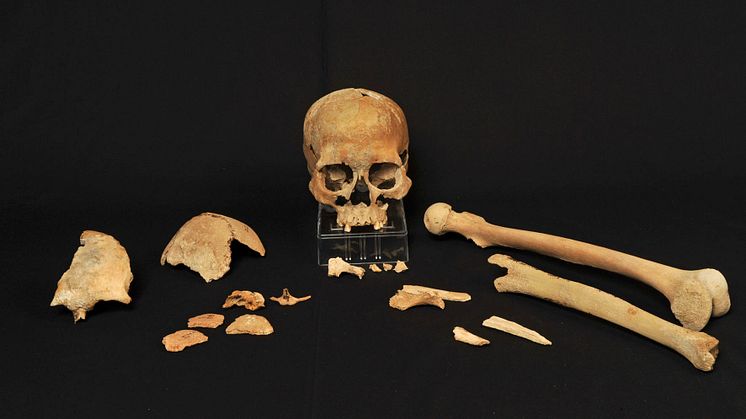Report Uppsala Health Summit: 100 years after the Spanish flu – how can we protect ourselves against new epidemics?
Warding off the threats of future epidemics will be difficult without better cooperation and contingency plans that allow us to act before a crisis hits. This is one message in a new report summarising the discussions of the Uppsala Health Summit on the theme of Tackling Infectious Disease Threats: Prevent, Detect and Respond with a One Health Approach, which took place in October last year.


